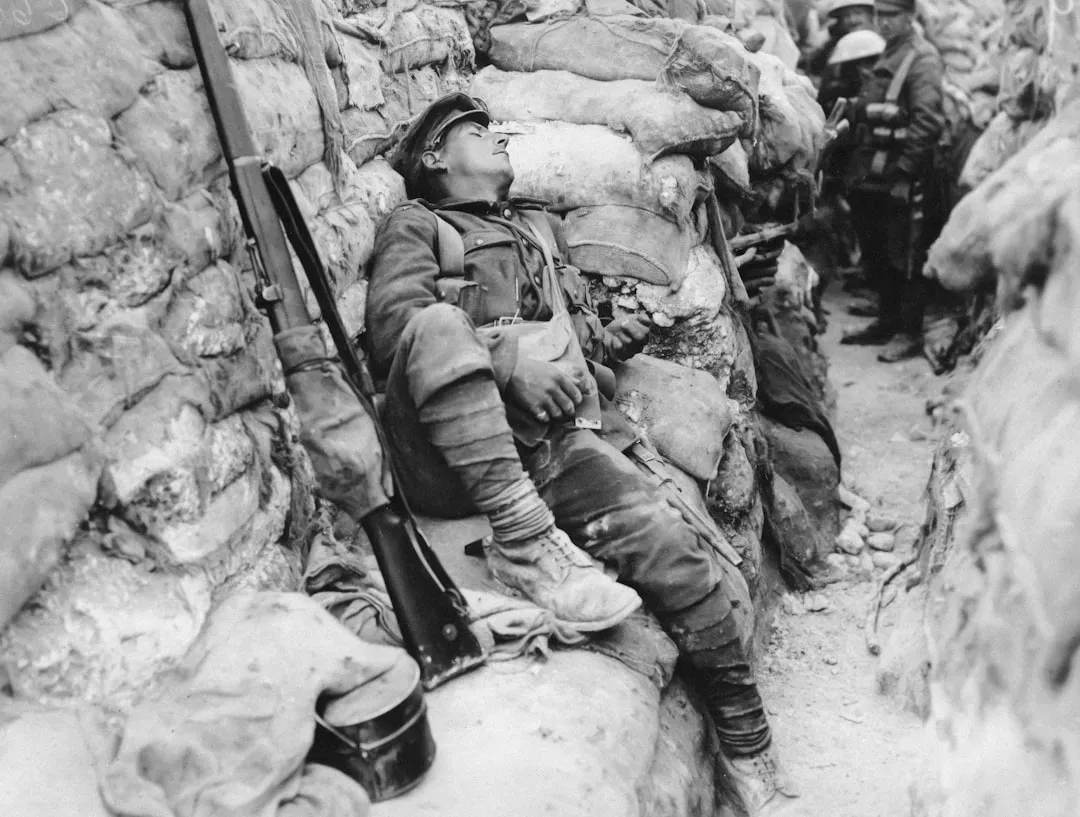Unleashing the Spirit: Warriors Who Changed History Forever
Throughout the ages, warriors have not only engaged in battles but have also influenced the course of history through their bravery, innovation, and leadership. From ancient civilizations to modern military strategies, these individuals shaped societies, redrew maps, and inspired generations. This article explores some of the most influential warriors in history, delving into their contributions, themes of courage, and the lasting legacies they left behind.
Ancient Warriors: The Pioneers of Strategy
Alexander the Great
One of the most renowned figures in world history, Alexander the Great, known for his unparalleled military campaigns, redefined ancient warfare. Rising to power as the king of Macedonia, his conquests extended from Greece through Asia Minor, Egypt, Persia, and into India. His innovative strategies, such as the use of the phalanx formation, and his ability to adapt to various battlefield conditions made him a formidable force.
Alexander established one of the largest empires in history by the time of his death at the young age of 32. His legacy endures not only through the vast territories he conquered but also through the spread of Hellenistic culture, which blended Greek and Eastern influences that shaped the future of civilization.
Sun Tzu
Although Sun Tzu may not have physically fought in wars, his contributions to military strategy through his seminal work, "The Art of War," have had a profound impact on both warfare and modern business tactics. His teachings emphasize the importance of strategy, versatility, and psychological warfare. The principles outlined in his texts are studied by military leaders and corporate strategists alike, illustrating how one man's thoughts can ripple through time and over centuries, influencing conduct in peace and war.
Medieval Warriors: Knights and Heroes
Genghis Khan
Genghis Khan, the founder of the Mongol Empire, is often remembered for his brutal conquests, but his impact on history extends far beyond the battlefield. Unified under his rule, the Mongol Empire became the largest contiguous empire in history. His innovative military tactics, use of horse cavalry, and incorporation of diverse cultures into his realms were groundbreaking.
Perhaps more importantly, Genghis Khan established the Yassa code, promoting trade, diplomacy, and communication across the empire, which facilitated exchange and integration among different cultures. His emphasis on meritocracy and loyalty continues to influence leadership practices even today.
Joan of Arc
Emerging during the Hundred Years’ War, Joan of Arc became a symbol of national unity and strength for the French people. Claiming divine guidance, she led French forces to several important victories, most notably the Siege of Orléans. Her unwavering faith and determination inspired her troops and rallied a nation in a dire time, ultimately changing the outcome of the war.
Tragically captured and executed at a young age, her story endures as a testament to courage and conviction. Joan was later canonized, and she remains a powerful symbol of resistance and female empowerment throughout history.
Modern Warriors: Shaping the Contemporary World
George Washington
George Washington’s role as a military leader during the American Revolutionary War embodies the spirit of resilience and determination. Leading a ragtag army against the might of the British Empire, Washington's leadership turned the tide toward independence for the American colonies. His strategic retreats and select engagements demonstrated a profound understanding of the art of warfare.
After the war, Washington became the first President of the United States, setting precedents that are still followed in contemporary politics. His contributions to the founding of a nation are invaluable, proving that a warrior’s impact can transcend the battlefield to the realms of governance and civil leadership.
Nelson Mandela
While not a traditional warrior in the military sense, Nelson Mandela’s struggle against apartheid in South Africa serves as a powerful illustration of a different kind of warfare—the fight for justice and equality. His dedication to the anti-apartheid movement and imprisonment for 27 years for his beliefs exemplify the spirit of resilience and sacrifice.
Upon his release, Mandela worked tirelessly to dismantle institutionalized racism and foster reconciliation in a divided nation. He became South Africa's first black president and an icon for peace and social justice worldwide. Mandela’s legacy is a reminder that the battles fought with conviction and integrity can forge a path toward freedom and equality.
The Spiritual Dimension of War
Throughout history, warriors have often been viewed as embodiments of a nation’s spirit. They symbolize not just physical strength but also moral courage, sacrifice, and a deep sense of duty. This nexus of spirituality and warfare reflects on how societies honor and remember those who fought for their beliefs and freedoms.
The Influence of Culture and Mythology
Many cultures have created mythological figures who embody the ideals of warrior spirit. For example, the Japanese samurai are not only remembered for their martial prowess but also for their adherence to Bushido—the way of the warrior—which emphasizes honor, loyalty, and self-discipline.
The tales and legends surrounding these cultural icons have served not only as historical accounts but also as moral lessons, instilling values of courage and resilience in future generations. These stories often transcend their historical roots, influencing art, literature, and philosophy worldwide.
Conclusion
The influence of warriors throughout history is undeniable. Each of these figures—be they ancient kings, noble knights, modern leaders, or revolutionary heroes—has reshaped the world in significant ways. Their stories inspire and remind us of the enduring qualities that define true warriors: bravery, ingenuity, and an unwavering commitment to a cause greater than oneself.
As we reflect on the legacies left by these remarkable individuals, it becomes evident that the spirit of their endeavors is woven into the very fabric of our societies. They have not only changed the course of history but also continue to influence the values and principles we hold today. In understanding their journeys, we gain insight into our collective past and inspiration for the future, proving that the warrior's spirit lives on in us all.


 Mastering Leadership: Lessons from History's Greatest Commanders
Mastering Leadership: Lessons from History's Greatest Commanders
 Arsenal vs Crystal Palace: A Tactical Showdown - Who Will Prevail in This Thrilling Clash?
Arsenal vs Crystal Palace: A Tactical Showdown - Who Will Prevail in This Thrilling Clash?
 Why 'It's a Wonderful Life' Remains a Timeless Classic: Lessons for Every Generation
Why 'It's a Wonderful Life' Remains a Timeless Classic: Lessons for Every Generation
 Surviving the OpenAI ChatGPT Outage: Tips to Stay Connected and Productive
Surviving the OpenAI ChatGPT Outage: Tips to Stay Connected and Productive
 Unveiling Mark Withers: Insights into His Inspiring Journey
Unveiling Mark Withers: Insights into His Inspiring Journey